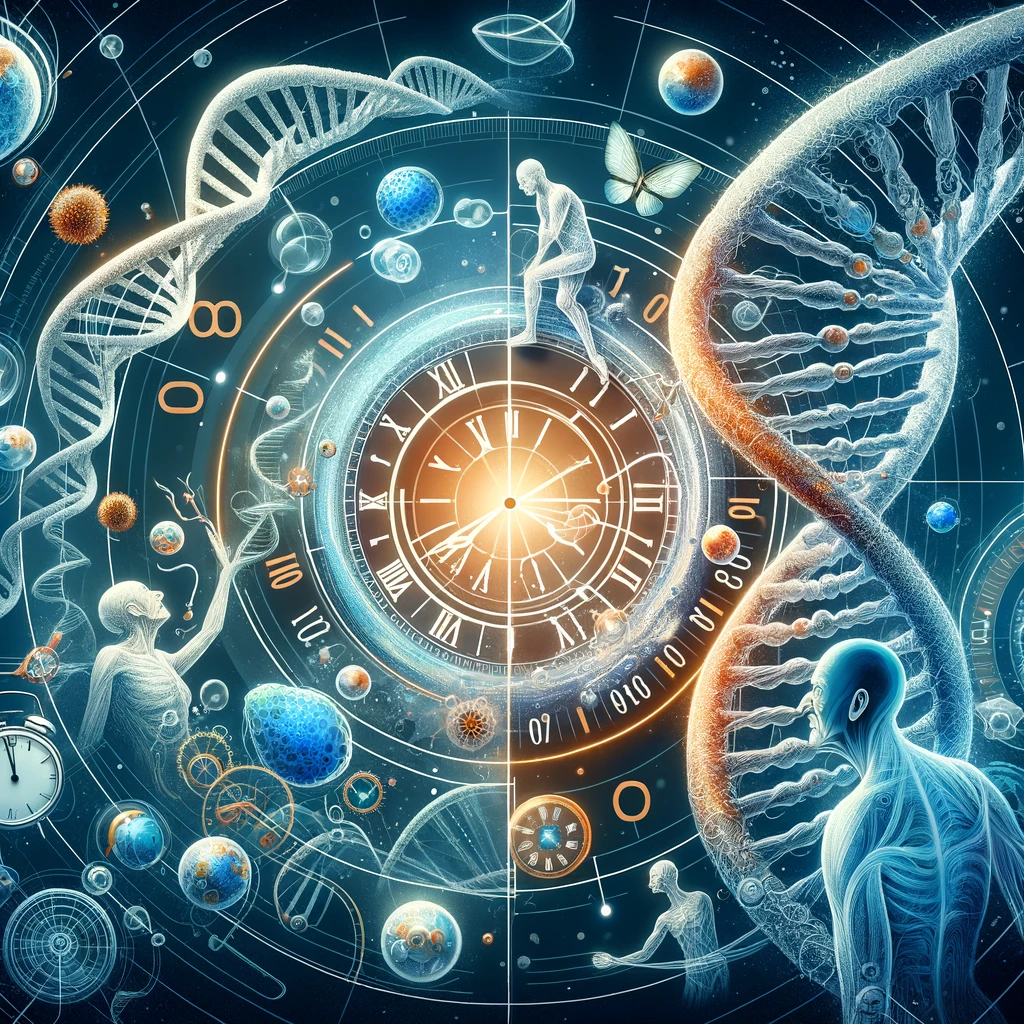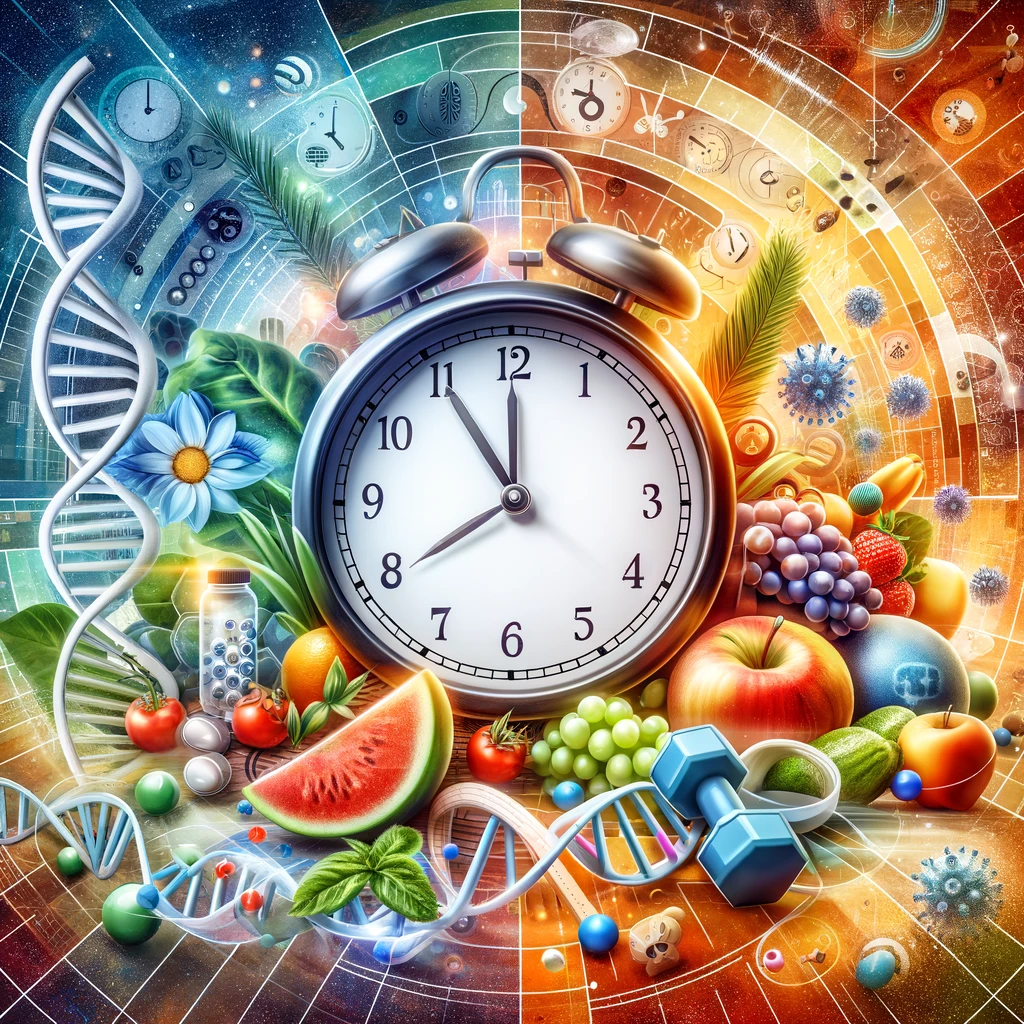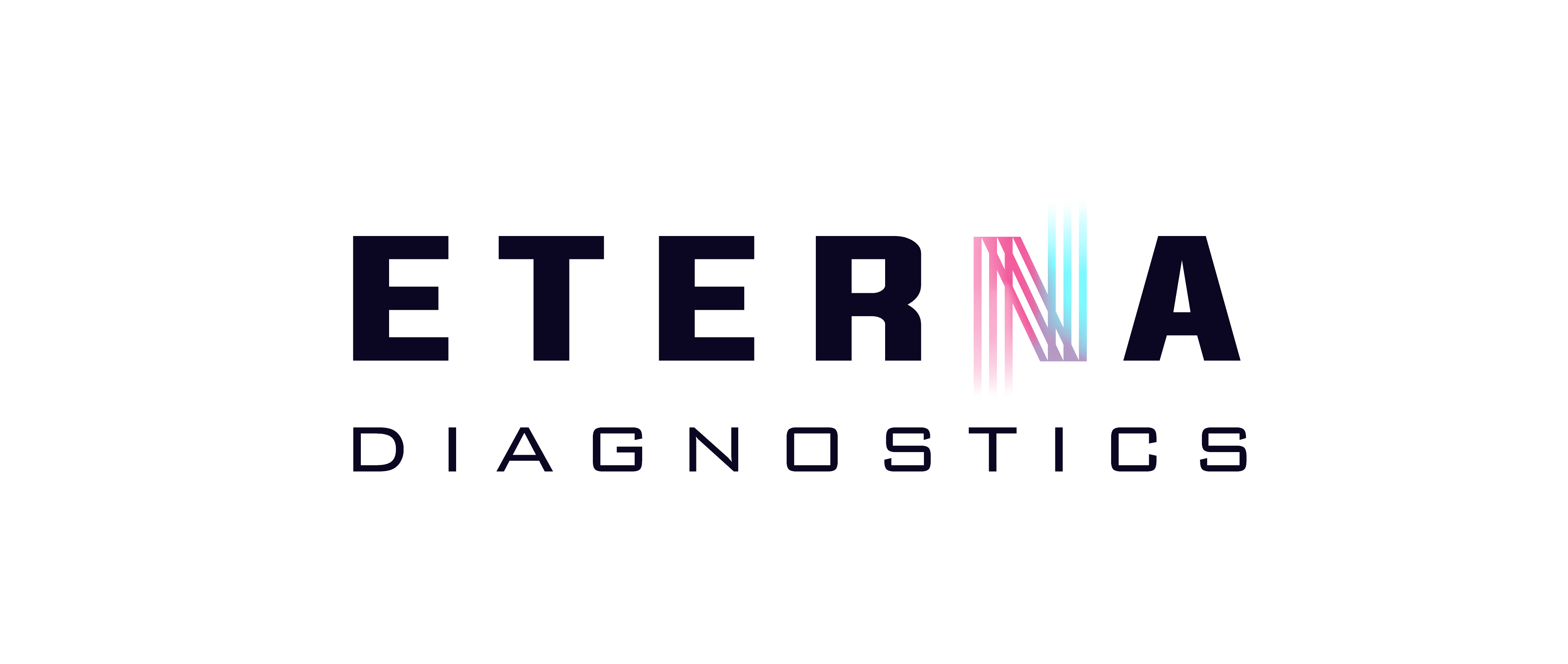
The Science Behind DNA Methylation and Aging
In the pursuit of longevity, understanding how to calculate your biological age becomes as crucial as unraveling the genetic sequences that dictate our life span. The scientific community has made significant strides in this domain, with DNA methylation emerging as a pivotal biomarker in the aging process. This intricate science offers a window into how our biological age can diverge from the number of candles on our birthday cake, shaped by both our inherited genetics and our daily choices.
Understanding DNA Methylation
DNA methylation is a complex biochemical process that involves the addition of a methyl group to the DNA molecule. This modification occurs predominantly at cytosine bases that are followed by a guanine base (CpG sites). It’s a critical component of the epigenetic machinery that governs gene expression, cellular differentiation, and genome stability. As we age, these methylation patterns change, serving as a quantifiable measure of our biological age through the lens of the “epigenetic clock.”
The Epigenetic Clock: A Measure of Biological Age
The epigenetic clock, developed by pioneers like Dr. Steve Horvath, gauges an individual’s biological age by assessing the methylation state of specific DNA sites. Unlike the static nature of a chronological age, the biological clock reflects the dynamic interplay between our genes and environment. It’s a tool that predicts not just the number of years we might live but the quality of health we may enjoy during those years.
Lifestyle, Environment, and DNA Methylation
The dynamic nature of DNA methylation is heavily influenced by lifestyle and environmental factors. The foods we eat, the air we breathe, and the stress we endure can lead to epigenetic modifications that either accelerate or decelerate our biological clock.
- Diet and Nutrition: A diet rich in nutrients like folate and B vitamins can promote healthy DNA methylation patterns, impacting our biological age. Incorporating polyphenol-rich foods and omega-3 fatty acids can also play a pivotal role in maintaining youthful gene expression.
- Physical Activity: Engaging in regular exercise can positively influence our epigenetic age. Activities ranging from brisk walking to high-intensity interval training (HIIT) can foster favorable DNA methylation patterns associated with a youthful biological profile.
- Stress and Psychological Well-being: Chronic stress can lead to detrimental changes in DNA methylation, particularly in genes associated with stress response. Techniques such as mindfulness and meditation can help manage this stress, potentially rewinding our biological clock.
- Environmental Factors: Our exposure to environmental toxins can disrupt methylation patterns. By reducing exposure and supporting our body’s detoxification systems, we can safeguard our cellular health and, consequently, our biological age.
The Future of BIOLOGICAL AgE & Research
As we decipher the relationship between our lifestyle and our biological clock, we gain the power to reshape our health trajectory. The field of DNA methylation and aging research is rapidly advancing, uncovering the potential for targeted interventions that can modify epigenetic marks and promote longevity.
In Conclusion
The quest to understand and influence our biological age is more than a scientific endeavor—it’s a pathway to a better quality of life. By harnessing the power of epigenetics and understanding how to calculate your biological age, we can unlock new possibilities for healthy aging and disease prevention. The epigenetic clock serves as a barometer for our biological age, offering a more personalized blueprint for longevity that transcends the simple passage of chronological time.
As we continue to explore the intricate dance between our biological clock and lifestyle choices, technologies like Eterna Diagnostics’ range of biological clocks provide invaluable tools for individuals looking to gain deeper insights into their health. Through a combination of diet, exercise, stress reduction, and environmental awareness, we can take meaningful steps towards not just adding years to our life, but life to our years, keeping the hands of our biological clock ticking in harmony with our aspirations for a long and vibrant life.



Leave a Reply